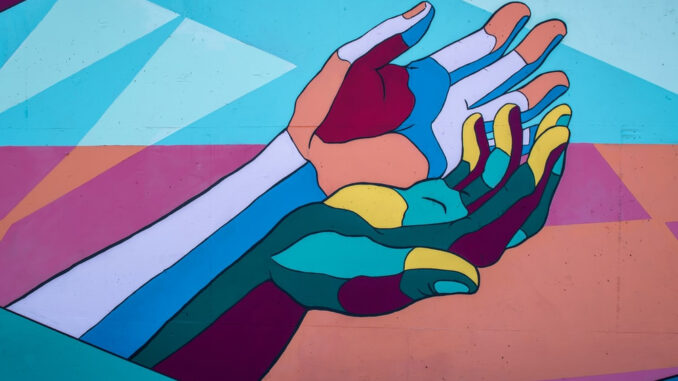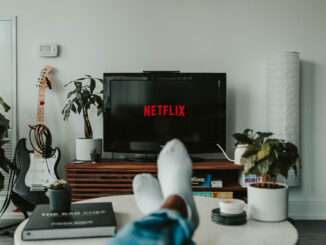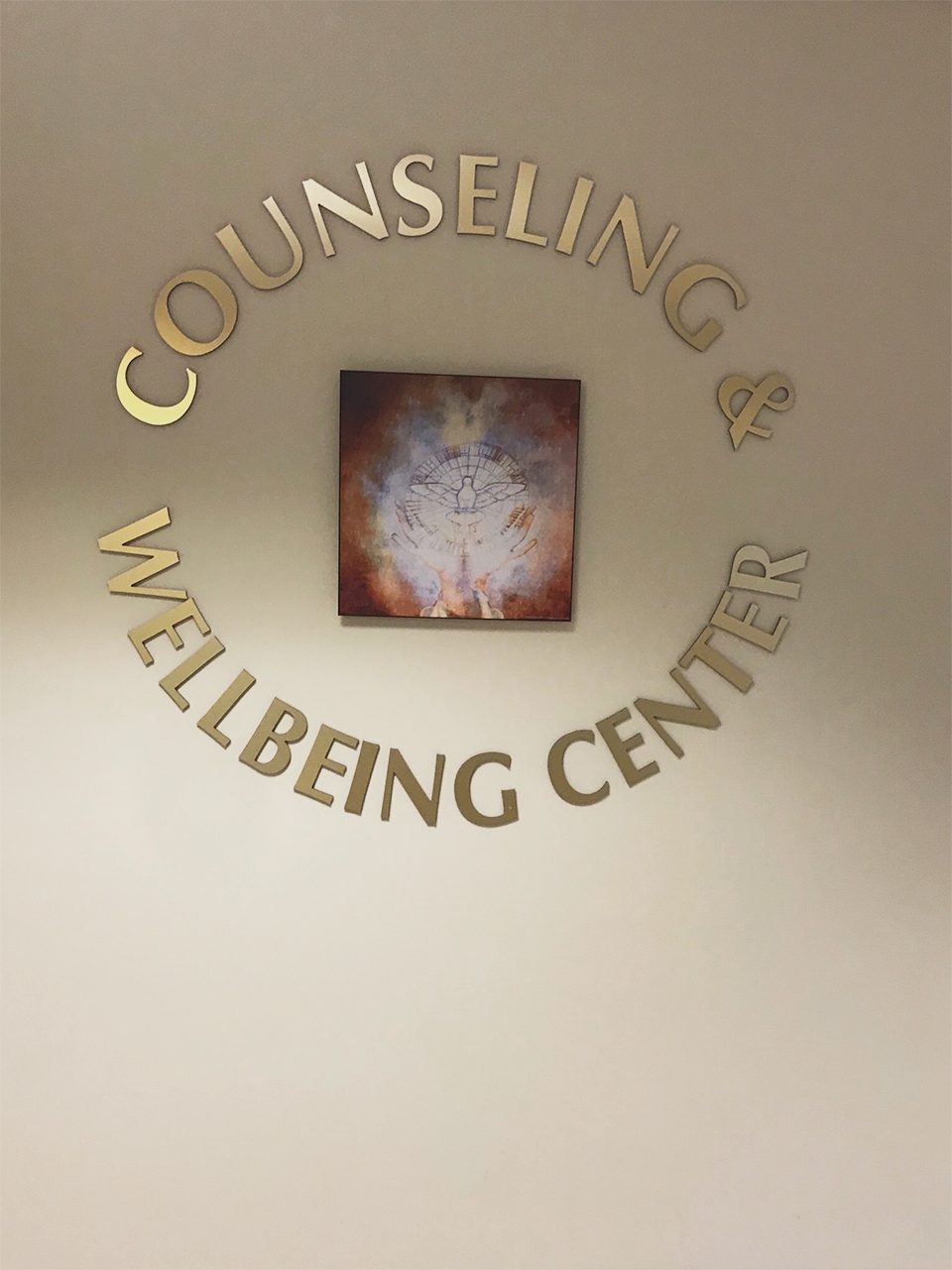
Zoe Stratos | opinions editor
Sept. 16, 2021
Whether a fan of reality TV or not, we all can agree that it’s one of the most chaotic genres of television out there. Its continual rise in popularity has spawned a million different versions for our viewing pleasure: dating, competition, food and even hidden cameras.
There’s nothing quite like the stardom that comes from being on a reality TV show. They’re held to a different standard than your typical celebrity — because they represent how people act in real life… right?
The basis of a reality TV star’s fame comes at the mercy of producers. On most of these shows, it portrays something almost unrealistic about these everyday people.
After months of filming, the viewer only sees a few hours of what they said or did, rather than the complete course of their time on the show. It’s not always accurate, but the innocent eyes of a new participant thinks, “I’ll never get the bad edit,” after signing away their life to the show and on a stack of paperwork.
No shame. I’m a huge reality TV fan, especially in the competition genre with shows like “Survivor” and “The Challenge.” But especially now, in the world overtaken by social media, we have to take into account that these are real people.
I realize — and many others have to jump on this bandwagon — that the mental state of these participants needs to be at the forefront of our minds. These people, more often than not, come out with a myriad of mental health issues that go unchecked.
Think about it: They’re sent away to a location surrounded by cameras constantly and, more often than not, they have no contact with people outside of the production and cast during filming. It’s absolutely nothing like reality.
The harsh “reality” here is that regular people aren’t prepared for TV. And there’s no way to be prepared for it, even if they’re signing up out of their own volition.
For example, the popular British based reality TV show, “Love Island” has had three suicides within its seven seasons, including the show’s former host, Caroline Flack, in 2020.
“Love Island” is a dating reality show where 12 singles live in a secluded island villa for six weeks to find a partner. Each week, the participants “couple up” and the British public votes their least favorite couples off the island. It’s fast-paced, drama-filled and raunchy.
Season two’s Sophie Grabon in 2018 and season four’s Mike Thalassitis in 2019 also took their own lives. Their deaths sparked a debate about the ethics of reality TV, one that is being revisited constantly.
The issue with these shows is that, even though some conduct mental health screenings prior to filming, the on-going support after the show is less than desirable. And if it wasn’t obvious, most independent therapists and psychologists can’t really understand the one-of-a-kind experience.
One participant on “The Challenge,” Sarah Rice, has been outspoken on the various mental health issues experienced on the show. Upon retiring after nine seasons, she dedicated her career path to helping these individuals.
“After 10 years on reality TV, I retired & pursued a masters in therapy. While in my program I researched the effects of reality TV on its participants. I found rates of suicide that were significantly higher than the general population, and many experienced ongoing identity issues. The lack of aftercare motivated me to go into the field of mental health to provide the therapy needed for this specific population,” Rice wrote in a tweet.
Rice also has spoken with the Challenge Mania podcast about the mental struggles she dealt with after her seasons. And she believes MTV should be paying for free therapy after the show because of the impact.
“They have paramedics there for medical reasons to make sure nobody gets hurt in that way and to protect them in that way; they have a legal team there to make sure nobody gets hurt in that way; they don’t have anybody there to look out for their mental health or mental wellbeing. And I think it’s just a matter of time before something really serious happens. And we’ve already seen things,” she said.
According to a 2019 report done by The Sun, a British newspaper, since 1986, there have been 38 reality TV star suicides.
And the internet isn’t helping, either. Despite the clear mental health struggles of participants, the vitriol of online abuse has yet to cease.
There’s no denying that the conditions of reality TV make it hard for the general public to find empathy. We judge them for their blatant chase for stardom — but their participation doesn’t mean they deserve to suffer for their villainized edit, nor does it lessen the mental health toll of them as individuals.
Our invalidation for their experience only worsens the toll, and our constant judgment puts them into a smaller bubble than they’re already in.
We need to give them a podium to speak and be heard, but also provide support for these people who are, in reality, just like us.




